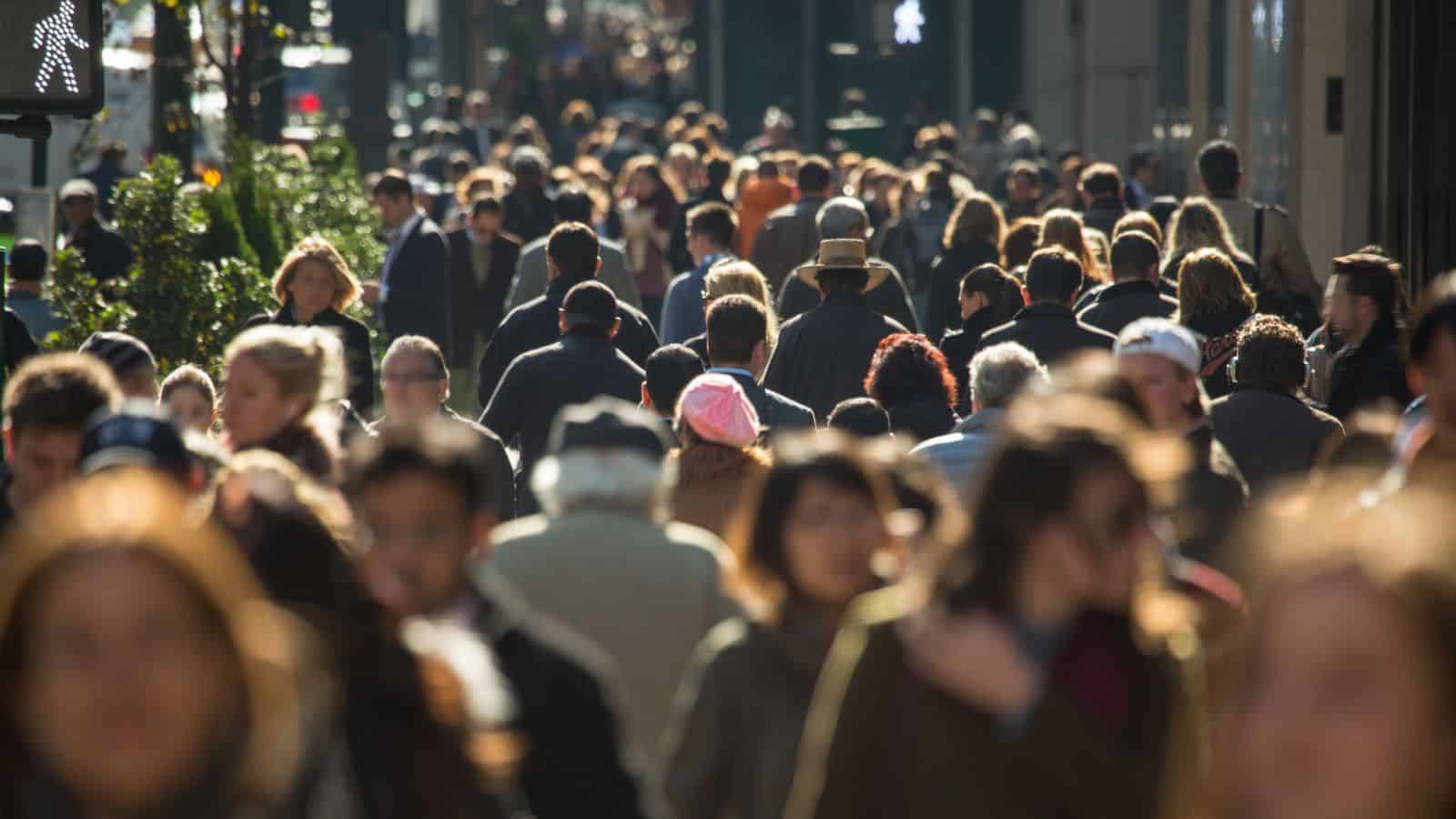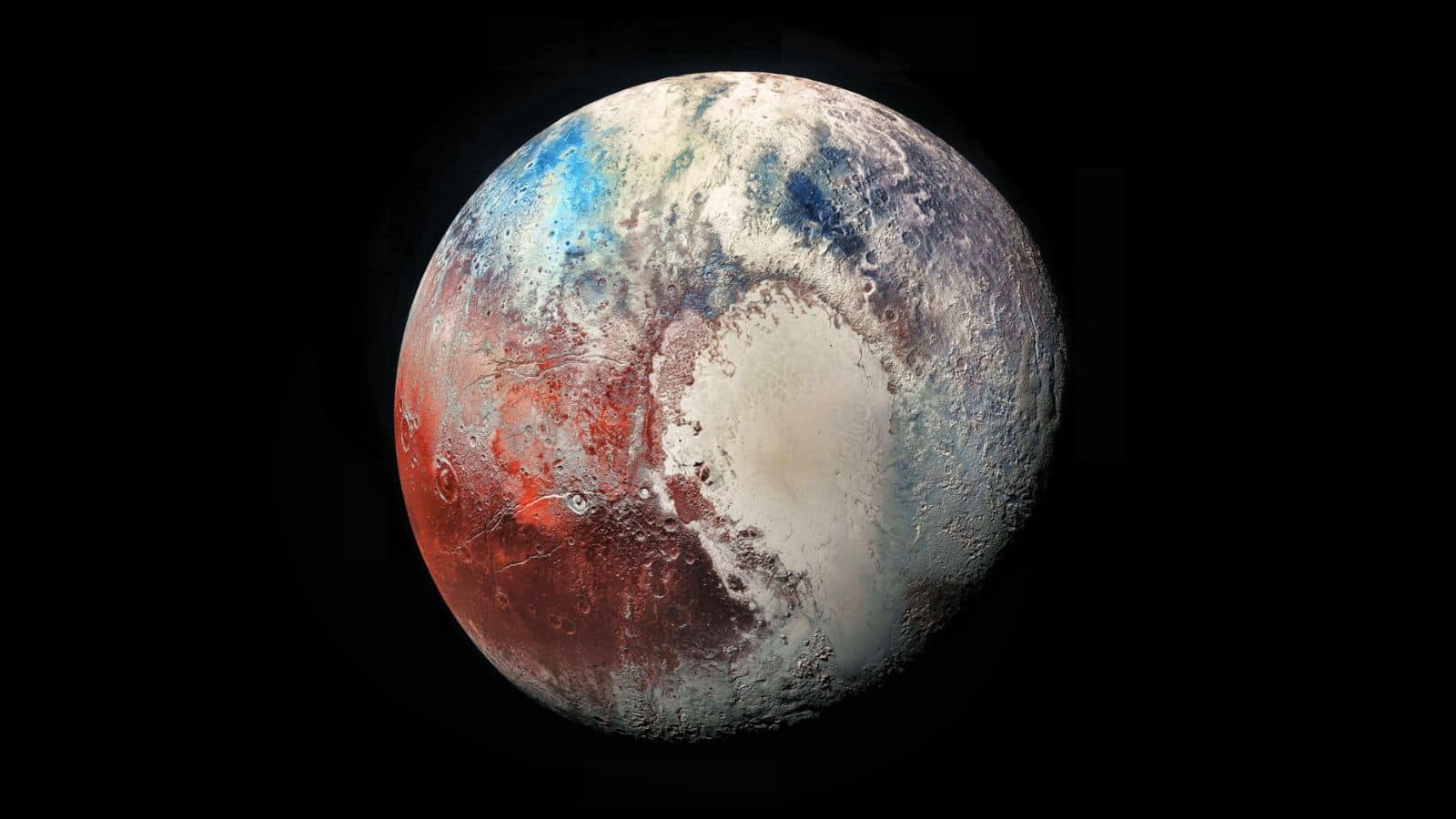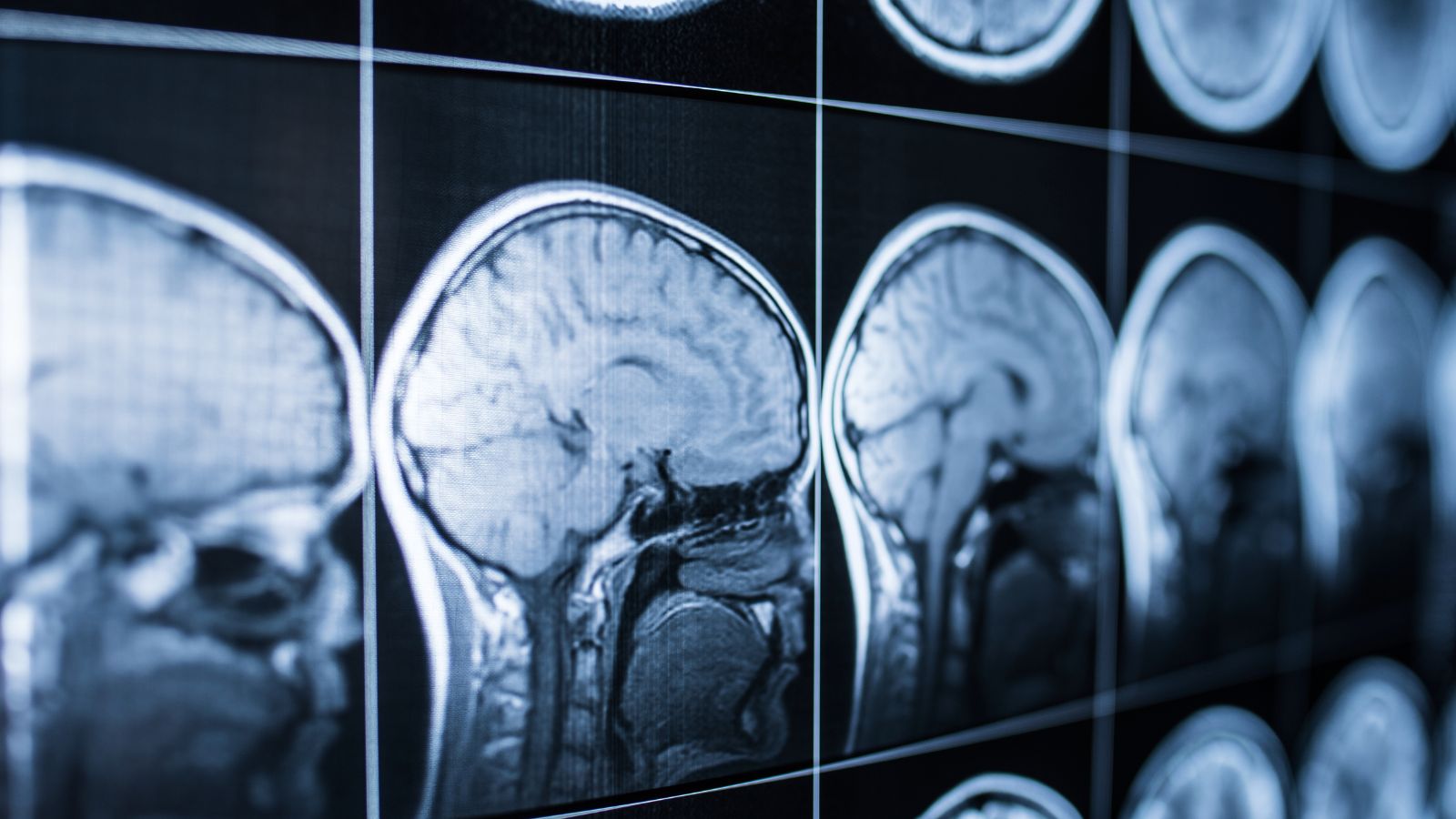The 1960s were a time of cultural revolution and scientific exploration, but many beliefs from that era have since been debunked. Here are 21 ideas that people once held to be true, but modern understanding has proven otherwise.
It’s Okay to Smoke

The BBC writes, “In 1962, very few people took the dangers posed by smoking cigarettes seriously.” Now, we know that smoking causes serious health issues like lung cancer and heart disease. It’s a reminder of how much our understanding of health has changed over the years.
Sugar Is Better Than Fat

In the past, fat was the big bad in diets, and sugar was thought to be a safe energy boost. But now we know that eating too much sugar can lead to obesity, diabetes, and other health issues, completely changing how we think about what’s good and bad for us.
Nuclear Energy Is Completely Safe

If you grew up in the ’60s, you might remember that nuclear energy was once seen as a clean and endless power source. But disasters like Chernobyl and Fukushima revealed the dangers and serious consequences of using nuclear power. This has resulted in stricter safety rules and a reconsideration of how nuclear energy fits into our overall energy production.
Seat Belts Are Optional

It’s hard to believe that seat belts used to be optional, and many thought they weren’t needed. Now, most people know that seat belts can save lives by lowering the chances of injury or death in car crashes. Because of this, many places around the world have made laws to ensure everyone wears them.
Margarine Is Healthier Than Butter

People used to argue that margarine was a healthier choice than butter, thought to be better for your heart. However, new studies show that some margarines have trans fats, which can be worse than the saturated fats in butter. As a result, experts are now recommending natural fats instead.
The Earth Will Be Overpopulated by the Year 2000

While it’s crazy to think now, people used to be worried that a growing population would cause mass starvation and societal collapse. However, improvements in farming technology and family planning have proven those fears wrong. While population growth does bring some challenges, it hasn’t resulted in the disastrous outcomes that many once thought would happen.
Women Shouldn’t Run Long Distances

Believe it or not, people used to think women couldn’t run marathons and that it might be dangerous for them. This idea changed when women started competing and thriving in long-distance running, showing they were just as strong and capable as men in endurance sports.
Computers Will Only Be for Business

Nobody could have predicted how much we would rely on computers. The belief was that computers would remain tools for businesses and governments only. But, the rise of personal computing, driven by innovations from companies like Apple and Microsoft, has integrated computers into daily life, from personal communication to entertainment and education.
You Can Catch HIV from Casual Contact

In the early days of the AIDS epidemic, many people believed that HIV could spread just through casual contact. Thankfully, public health education and research have set the record straight. Now we know that HIV is transmitted through specific activities, not everyday interactions and understanding this is crucial for everyone.
Autism Is Caused by ‘Refrigerator Mothers’

Psychologists used to think that distant, uncaring mothers were responsible for autism in their kids. However, modern research has revealed that autism is actually a neurodevelopmental condition influenced by a mix of genetics and environment, completely unrelated to how parents raise their children. The old ‘refrigerator mother’ idea is now outdated.
Pluto Is a Planet

Pluto was considered the ninth planet in our solar system for many years. In 2006, the International Astronomical Union redefined what constitutes a planet, and Pluto was reclassified as a dwarf planet, altering our understanding of our solar system’s structure.
Humans Only Use 10% of Their Brain

It seemed people never questioned why humans used just 10% of their brains, despite it being a widely accepted fact in the ’60s. Neuroscience has since shown that virtually all parts of the brain have known functions, most of which are active almost all the time, debunking this persistent misconception.
The Loch Ness Monster Is Real

While nobody believes it now, stories of a monster living in Scotland’s Loch Ness captivated imaginations worldwide. Extensive scientific investigations have found no evidence of such a creature, and the Loch Ness Monster is now considered a myth, a product of folklore and hoaxes.
Spanking Is an Effective Discipline Method

Nowadays, we find it hard to believe that corporal punishment was a common disciplinary method for children. Modern psychology and numerous studies have shown that spanking can lead to negative long-term effects, such as increased aggression and mental health issues, prompting many to seek alternative discipline methods.
DDT Is Harmless to Humans

When we look back, it’s crazy to think that DDT was widely used as a pesticide, believed to be safe for humans. Later research revealed that DDT has significant health risks, including cancer, reproductive harm and environmental impacts, leading to its ban in many countries and a reevaluation of pesticide safety.
Artificial Sweeteners Are a Miracle Solution

Seen as a miracle alternative to sugar, artificial sweeteners were once hailed as a perfect solution for weight loss and diabetes management. Emerging evidence suggests they may have unintended metabolic effects and could contribute to weight gain and insulin resistance, challenging the once universally positive view.
Men Shouldn’t Show Emotions

It’s sad to think that the cultural norm dictated that men should be stoic and refrain from showing emotions. Contemporary understanding of mental health recognizes the importance of emotional expression for everyone, regardless of gender, promoting a more open and supportive approach to mental well-being.
Dinosaurs Were Cold-Blooded

Did you know that dinosaurs were long thought to be cold-blooded reptiles? Recent discoveries and studies suggest that many dinosaurs may have been warm-blooded, changing our understanding of their physiology and how they lived, with implications for their behavior and evolution.
The Great Wall of China Is Visible from Space

You’ve probably heard before that the Great Wall of China was commonly believed to be visible from space with the naked eye. Astronauts and satellite imagery have confirmed that while it’s a massive structure, it’s not easily seen from space without aid, debunking this popular myth.
Boys Are Better at Math and Science

Something else that was proved wrong was the prevalent belief that boys naturally excelled in math and science over girls. Education research and performance data have shown that gender does not determine proficiency in these subjects, leading to efforts to encourage girls to pursue STEM fields.
You Must Drink Eight Glasses of Water a Day

An idea that seemed logical then was that everyone needs exactly eight glasses of water daily, which became popular in the 1960s. However, hydration needs vary by individual, depending on factors like activity level and climate, and modern guidelines emphasize listening to your body’s signals over a strict rule.
Up Next: 19 American Foods that Are Not Allowed in Other Countries

We can debate all day about who has the safest food supply in the world. Though, I’d bet you would be surprised at how many everyday American foods are banned in other countries. Most are due to chemical additives and pesticides, which, in places like the EU, cannot be approved for use unless proven safe. Let’s take a look at 19 of them.
19 American Foods that Are Not Allowed in Other Countries
19 Things That Will Happen When You Stop Drinking Alcohol

Whether you identify as an alcoholic or a casual drinker, alcohol can have a significant negative impact on your health. This is why more and more people are choosing to go cold turkey for the sake of their well-being. If you’re considering going sober but need a little more convincing, we’ve got you covered. Here are 19 things that will happen when you stop drinking alcohol.
19 Things That Will Happen When You Stop Drinking Alcohol
17 Things Guests Actually Notice Right Away About Your House

Inviting people into your home is a big deal. You may be very house-proud or house-conscious, and if you are either, you’ll likely get anxious about hosting. If this sounds like you, stop worrying and focus on the following 17 things that guests actually notice right away about your house.
17 THINGS GUESTS ACTUALLY NOTICE RIGHT AWAY ABOUT YOUR HOUSE

